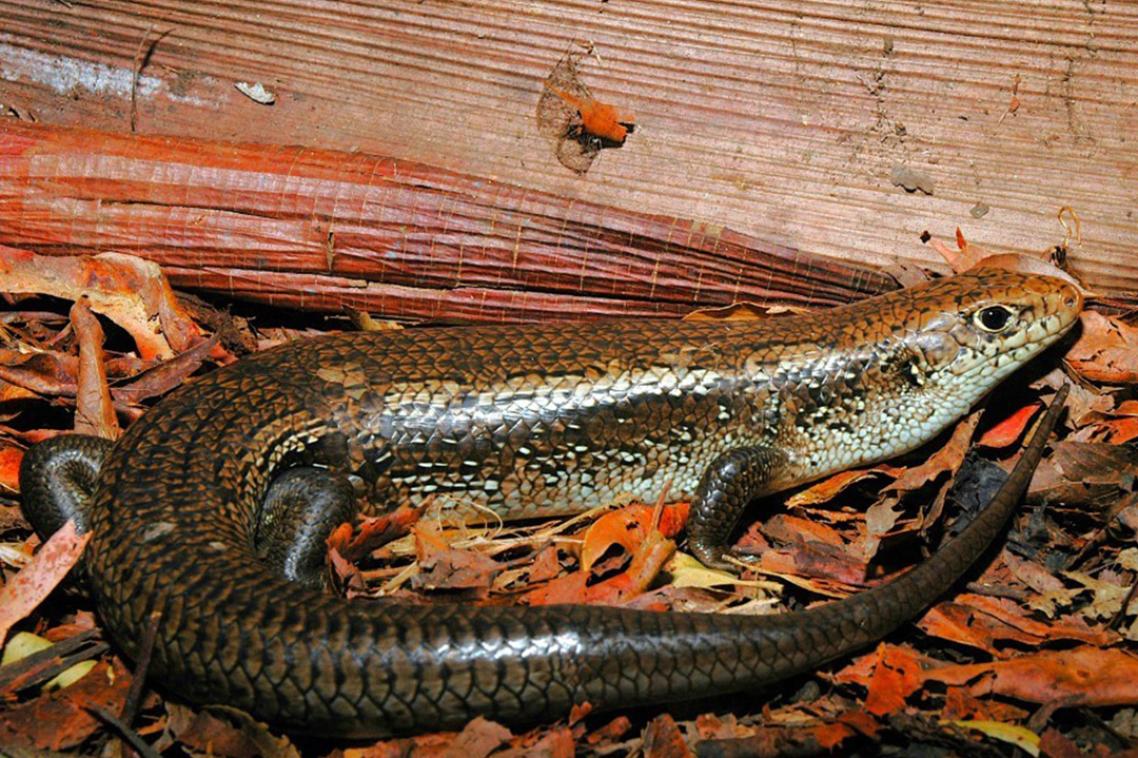World leaders seek cure for a pain in the neck
Professor Gwendolen Jull and Dr Michele Sterling of the UQ Division of Physiotherapy are conducting two clinical trials investigating recovery following a whiplash injury.
One trial is examining whether a multi-professional treatment approach is necessary following a whiplash injury. The other trial is examining the progression of symptoms following a whiplash injury.
Whiplash injury is commonly associated with neck pain, impaired movement and can be distressing.
Professor Jull says that “…the results of the current research will add to the understanding of whiplash injury, which will ultimately assist in the assessment and best management of whiplash.”
Both Professor Jull and Dr Sterling have extensive experience in treating patients with Acute Whiplash Injury.
Volunteers who have neck pain as a result of a motor vehicle accident which has occurred within the past four weeks, and who are aged between 18 and 65 years of age are required for the current research.
Participants will attend the whiplash clinic at the University’s St Lucia campus for four testing sessions of approximately two hours each over a 12 month period.
A range of physical tests examining neck function will be conducted during each appointment. Participants will also be asked to complete a series of questionnaires which will help to identify the range and severity of symptoms, as well as establish how whiplash injury affects patient’s everyday lives.
To volunteer or for further information please contact Brad Sanderson or Kathy Francis on (07) 3365 4529, or email acutewhiplashresearch@shrs.uq.edu.au
Related articles
Dodging banana diseases is value for money

How Aussie skinks outsmart lethal snake venom
Media contact
UQ Communications
communications@uq.edu.au
+61 429 056 139
